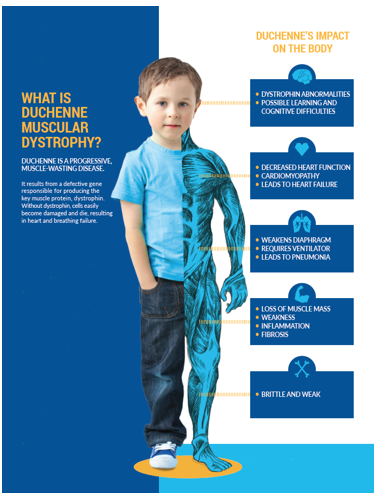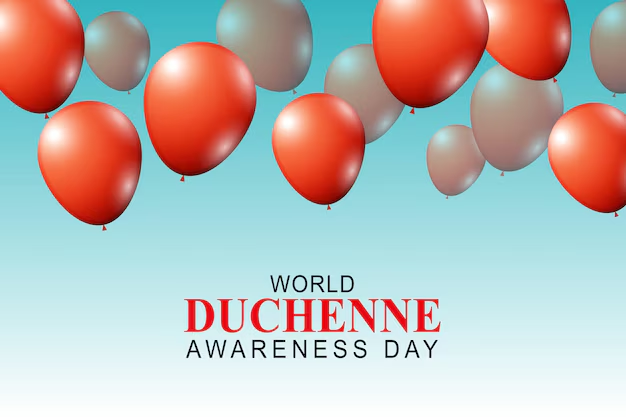Context:
The Department of Empowerment of Persons with Disabilities and Ministry of Social Justice & Empowerment observed World Duchenne Muscular Dystrophy (DMD) Day on 7th September.
World Duchenne Awareness Day
- The World Duchenne Awareness Day 2025 theme is “Family: the heart of care”.
- World Duchenne Awareness Day has been observed globally on 7 September and it was officially recognised by the UN General Assembly only in 2023 to be observed from 2024 onward.
- On this occasion, various awareness programmes were organized by the Department of Empowerment of Persons with Disabilities and its National Institutes and Composite Regional Centres (CRCs) across the country.
- Awareness day aims to disseminate knowledge about DMD, promote awareness among different sections of society, and foster a spirit of support and care for the affected families.
Duchenne Muscular Dystrophy (DMD)

- DMD is a progressive genetic neuromuscular disorder that causes rapid muscle weakness and degeneration, primarily affecting the muscles for movement, breathing, and heart function.
- Genetic Mutation: Mutation in the DMD gene, which is located on the X chromosome.
- Protein Deficiency: The absence or dysfunction of the dystrophin protein leads to muscle cell damage, resulting in gradual muscle degeneration and weakness.
- Symptoms: It begins in early childhood (around 2–3 years) with weakness in the shoulders, arms, hips, and thighs, leading to difficulty standing, climbing stairs, balancing, and lifting the arms.
o As the disease progresses, mobility is severely affected, with many patients losing the ability to walk during adolescence; heart and respiratory muscles are also impacted. - Male-Linked Disorder: The condition mainly affects males, while females are usually carriers; some carriers may show mild or, rarely, severe symptoms.
- Prevalence Rate: The global prevalence is estimated at one in 3,500 to 5,000 live male births.

